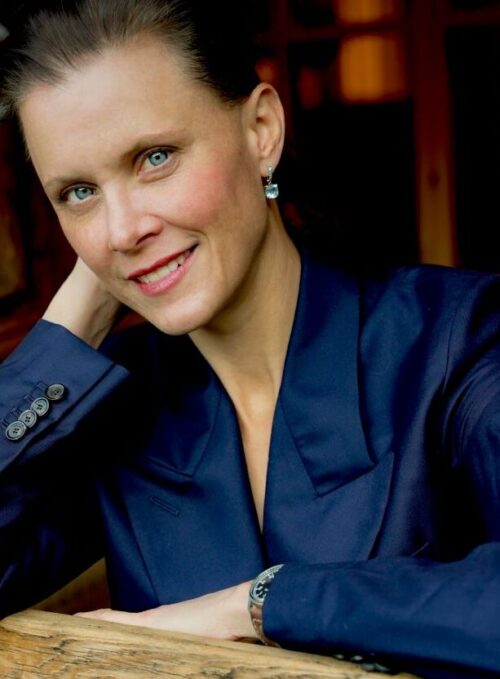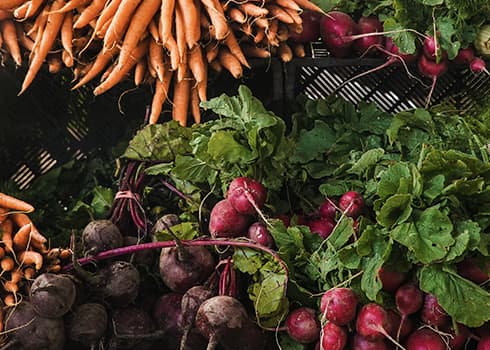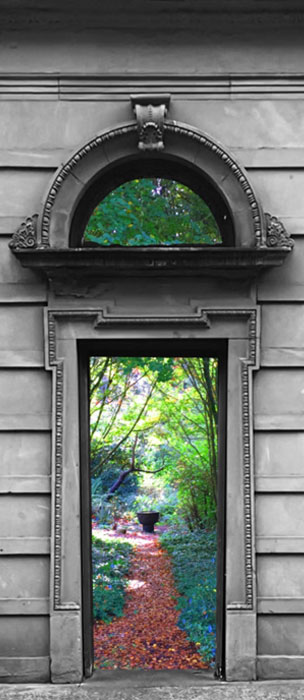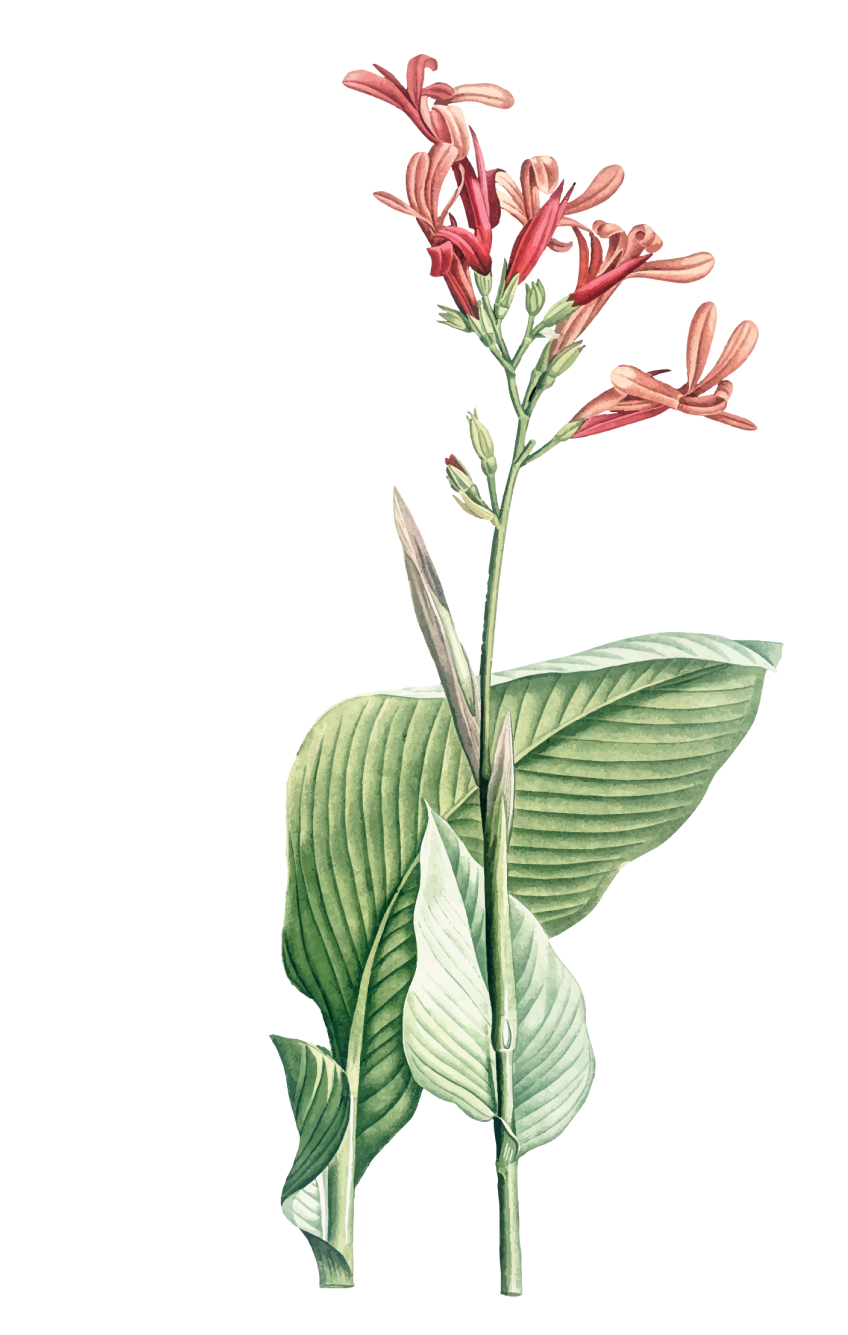Thinking
...in this age of Technique and Technology
What is true progress? What are we called to do with our individual lives and our institutions? In a world measured and determined by artificial intelligence and technique, whare is the role of Virtue? There are no easy answers. Bur Places, our Food, and our Tech are good reference points from which to start both talk and action.

Video Introductions
How then shall we live? Let’s explore…

We intrinsically know – we immediately recognize – those places that are thriving with life. How can we profess progress, when our built environment is so often dead? Our PLACES reveal our values, and throughout the world, we see a focus on efficiency (or, short term financial performance) and a lack of relationship to environment and one another.
When we build, it isn’t about mere buildings, but we must build a sense of place. This comes from the relationship between the building and the environment, between the owner and that building, between the owner and their community.
Like everything else in the universe, good architecture is about relationships: the relationship of that lot to the surrounding land, that building in relation to the neighbors, the owner’s relationship to the house, and their relationship to the other individuals in the community.
The present itself must also be placed in relation to – or as a consequence of —the past.
Technology has enabled us to design buildings from the comfort of a far-away office. Artificial intelligence can advise on materials, dimensions, and design. Specific regulations create protocols for urban planners. The far-away office team does not awaken at dawn to watch the sun slide across the site, where they could be meditating on window placement. The artificial intelligence may be swift to calculate –accurately– building costs, but it will not stumble over rocks on the site that might create the gently bulging wall that echoes the ancient neighboring house. The regulations may pretend to protect, but may be ridiculously unrelated to the site, merely adding headaches and alienation.
How we build our shelters should consider –as the architect Christopher Alexander articulated in a series of books– our natural patterns, tendencies, evolving needs and desires. We have the resources to build shelters for poor and rich, for corporations and creatives, that celebrate humanity’s life in relation to the life all around.

Food production, distribution, and consumption is perhaps the most fundamental testament to who we are. Large scale food production and distribution, thanks to cheap energy, has allowed global population to grow and many to leave poverty and despair. Yet despite the abundance, we have sorely missed true health. We have devastated land, mismanaged resources, reduced access to locally grown fresh foods, shifted disease burdens with food, and lost generational knowledge around food production and food as medicine.
Simultaneously, we have also learned to restore land, to manage resources, to eradicate diseases, and to reawaken joy and curiosity for food. We have artificial intelligence which gathers data points on soil nutrition, photosynthesis, ideal ripeness for transport, best logistics routes, etc., allowing for predictive production and predictive ordering, meaning potentially eliminating waste.
Yet: We are a foolish people if we abdicate our roles as stewards of the land, entrusting ourselves to machines we have created and fed with our limited knowledge. Despite tremendous advances in AI, which can better observe and control our production, we need humans who know the land. Who know the animals. Who understand the hidden things in the soil and the weather.
Yes, let us use AI as a tool, but let us honor those who know in their minds, bodies, and souls what the land needs and the land can give. And let us lead our large food companies with the latest innovations, while earnestly protecting food sovereignty for small communities.
The arc of history may bed towards larger institutions and corporations, but in food, we must allow for the small individual and community to support the biodiversity, the local cultural traditions, and the connection to land. It is our human heritage.

Artificial intelligence, over-hyped and under-comprehended, is a “partner” with whom we must contend and with whom we are increasingly forced to share our lives. Waiting for the techies or the regulators to identify the equilibrium where AI will enhance humanity is akin to waiting for Godot. An informed public –the engaged individual citizen– is the best hope for keeping artificial intelligence in its rightful place: a tool we choose to use, but are not coerced to submit our lives to.
Many writers have addressed the human experience, from the times of the Ancient Greeks to today.
In the past century, a few are of particular use for the current condition of our society: Hannah Arendt’s writings on human freedom and action; Jacques Ellul’s writings on Technique and its effect on the human experience; Abraham Heschel’s examinations of justice, righteousness, and moral responsibility; and C.S. Lewis’ exposure of the “abdication” of humanity. These thinkers should once again speak to us through their books, and in our conversations about their writings.
We may struggle to find a shared basis for the ethics and morals around AI applications, but we must certainly all be willing and able to discuss the implications of these developments. We cannot claim to believe in human rights and human dignity whilst also blindly abdicating our roles to a few molders of society. Let us not be naive: there is a strong philosophy behind much of the technology that is foisted upon mankind– that mankind can and must be controlled. Let us remember that we shape society with our daily lives, and we have free will (a deeper conversation that also must occur beyond the philosopher’s roundtables and techies’ algorithms). This age of AI allows us to discuss specific elements of humanity that we want to preserve.
FREEDOM | CONTROL
CHAOS | EFFICIENCY
SAFETY | PRIVACY
COERCION | VIRTUE
CREATIVITY | PROTOCOL
COURAGE | FEAR
FAITH | STANDARDIZED IDENTIY
…and much more.
Ultimately, life and death are set before us, and we just discuss what Life means, and what kind of Death we wish to avoid.
GET IN TOUCH




